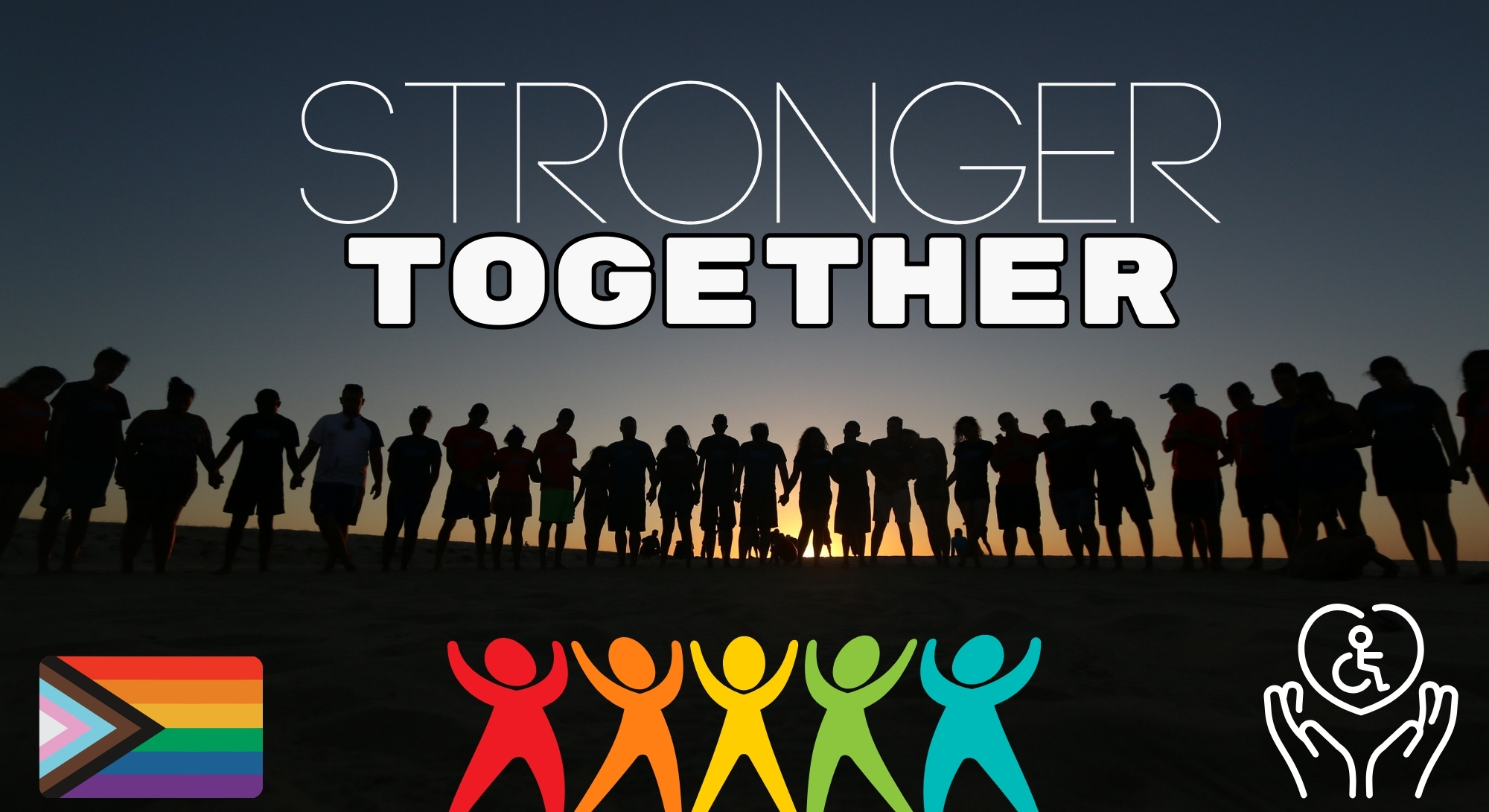On Jan. 26, HB261 was passed by the Senate and was approved by Governor Spencer Cox Jan. 30.
The Diversity, Equity and Inclusion bill sets to dismantle all-inclusive groups in colleges and universities, as well as making it illegal for employers to require diversity and inclusion in the workforce.
An article by the Daily Utah Chronicle said, “The bill was proposed by Rep. Katy Hall (R-South Ogden) and Sen. Keith Grover (R-Provo), and Hall reiterated in multiple hearings that the purpose of H.B. 261 was to ‘removing barriers’ within Utah systems.”
Background
Diversity, Equity and Inclusion programs in colleges were built to provide support for all students, regardless of race, gender and identity. These programs also opened doors for veterans, nontraditional students and any other student who needed a place to feel included.
Diversity means that anyone would be represented. Equity means that everyone will be equally represented and supported. Inclusion ensures that everyone feels represented and a sense of belonging in education and the workforce. These three ideologies have worked together to represent and protect students.
In an email sent by Interim President Courtney White, he said, “While it will take some time to determine the full impact of this legislation on our campus, we are confident we can work collaboratively with the Utah Board of Higher Education and the Utah State Legislature to implement the bill while staying true to our mission of providing support to all students.”
At this point, the bill is broad. Many people are unsure what this will change about our education.
Mike Nelson, director of the Center of Inclusion and Belonging, and Caleb Butterfield, director of LGBTQIA+ services, along with other faculty members declined to comment.
Student concerns
Students at Utah Tech have voiced their concerns about how this may affect their education and student organizations.
Andi Bates, a senior sociology major from Twin Falls, Idaho, said she was worried that support for diverse students would go away.
“DEI programs are not exclusionary; they are safe protective spaces for students in need of extra support,” Bates said.
For many people, these DEI programs are a place for all students to feel welcome, and these students and faculty members are confused about what will happen next.
Nimae Adamson, a junior design major from St. George, said: “It’s infuriating to see our government push for something they think will help students when it doesn’t. It’s taking power away from diversity programs. I’m worried that our disability, inclusion and belonging and LGBT center will lose funding and resources for students.”
Without solid answers for what comes next, students can only imagine the worst that may happen. These students belong to diversity clubs and programs and have seen the outcomes of inclusion.
Natalia Cervantes, a junior biology major from St. George, said: “I’ve seen the diversity programs in action, and the only thing that has changed is students being more kind and open to others… Getting rid of the DEI programs gets rid of the potential for cooperation, understanding and community between different social groups.”
Many students and faculty members want answers and definitive next steps for the future of the university. A general concern from club representatives is not having enough representation as students.
What happens next?
Another hope that many have is that this is a bill that won’t change the university. Utah Tech is an open-enrollment university, meaning there is a non-selective admissions policy. So, the bill won’t change our admissions or the hiring process for faculty.
Many people believe that diversity programs will change their names to fit the guidelines of HB261, which prohibits the use of diverse and inclusive language.
Susan Ertel, a citizen and soon-to-be-retired from education, said: “I don’t think it can take diversity out of the schools. Diverse people and ideas will always be in schools, but it can limit what trainings schools can offer, what questions can be asked in hiring committees or admission decisions, which we don’t do anyway because we are an open enrollment institution.”
The positive in all of this is White confirming that our university will not change its values. Diversity will still be supported, and our admissions and education should not change.
However, for student resources and organizations, what happens next is still unknown.
Ertel said: ”I am not sure even the drafters of this bill understand how it will affect students in practice. I imagine they are trying to protect students, but I am not sure if this bill will protect anyone. I worry that it might draw attention to students who are diverse in an unhealthy way.”
Representatives want to protect students and fill in the educational gaps that leave out people in DEI programs. However, the impacts this bill may have on students is unknown and even feared by educators and students alike.
Without definitive conclusions to what this bill may affect, many speculate the impacts it brings. Yet, despite the hope that it protects students, students fear that this will impact them in far greater ways than anyone realizes.
This bill will take effect July 1 of this year. Changes will begin by fall, and many are hoping there will be more answers in the coming months.


